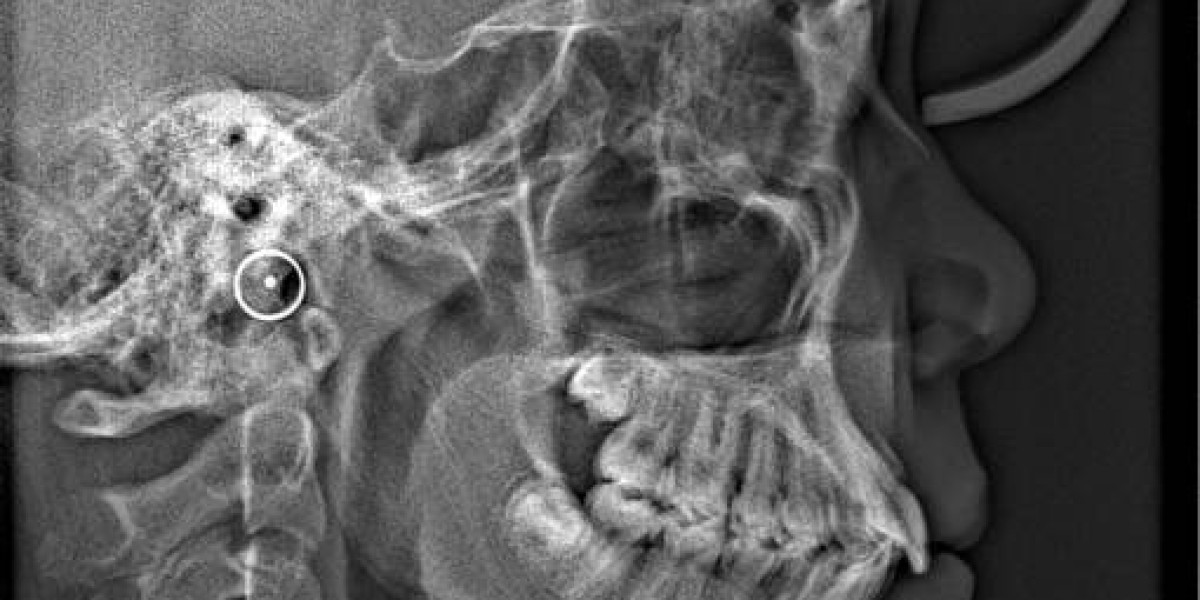Craniotomy surgery is a significant medical procedure that involves the surgical opening of the skull to access the brain. This type of surgery is often necessary for various medical conditions, including tumors, brain injuries, and other neurological disorders. In Riyadh, craniotomy surgery is performed with precision and expertise, making it a viable option for those seeking advanced medical care. This blog explores the ins and outs of craniotomy surgery in Riyadh, including its indications, procedure, benefits, risks, and recovery.
Understanding Craniotomy Surgery
Craniotomy surgery is a specialized procedure that allows neurosurgeons to access the brain by removing a portion of the skull. This approach provides the necessary access to diagnose and treat various brain conditions effectively.
- Definition: A craniotomy involves the temporary removal of a part of the skull to reach the brain.
- Purpose: It is performed for several reasons, including tumor removal, blood clot evacuation, or repairing brain injuries.
- Types: There are different types of craniotomies, including standard craniotomy, keyhole craniotomy, and others, depending on the specific condition being treated.
Why Choose Craniotomy Surgery in Riyadh?
Riyadh has established itself as a center of excellence for neurosurgical procedures, including craniotomy. Several factors contribute to the growing popularity of craniotomy surgery in Riyadh.
- Advanced Technology: Facilities in Riyadh are equipped with state-of-the-art technology and surgical instruments, enhancing the precision of surgeries.
- Highly Skilled Professionals: The presence of experienced neurosurgeons and medical staff ensures high standards of care and successful outcomes.
- Comprehensive Care: Many institutions provide multidisciplinary support, including rehabilitation services, to aid recovery after surgery.
Indications for Craniotomy Surgery
Craniotomy surgery is indicated for various medical conditions that affect the brain. Understanding these indications can help patients make informed decisions about their treatment options.
1. Brain Tumors
- Removal of Tumors: Craniotomy is often performed to remove brain tumors, whether benign or malignant.
- Access for Biopsy: In some cases, it is necessary to obtain a biopsy for diagnostic purposes.
2. Traumatic Brain Injuries
- Evacuation of Hematomas: In cases of traumatic brain injury, craniotomy may be needed to remove blood clots (hematomas) that compress brain tissue.
- Relief of Pressure: The procedure can relieve pressure on the brain caused by swelling or bleeding.
3. Seizure Disorders
- Focal Seizures: For patients with severe epilepsy not controlled by medication, craniotomy may be performed to remove the area of the brain causing seizures.
4. Aneurysms and Arteriovenous Malformations (AVMs)
- Repair of Aneurysms: Craniotomy can be utilized to clip or remove brain aneurysms to prevent rupture.
- Treatment of AVMs: Accessing and treating arteriovenous malformations is also a common indication for this surgery.
The Craniotomy Procedure
Understanding the steps involved in the craniotomy procedure can help demystify the process for patients and their families.
1. Preoperative Preparation
- Medical Evaluation: A thorough medical evaluation, including imaging studies like MRI or CT scans, is essential.
- Patient Education: Patients are informed about the procedure, risks, and recovery expectations.
2. Anesthesia Administration
- General Anesthesia: Craniotomy is typically performed under general anesthesia, ensuring the patient is unconscious and pain-free during the procedure.
3. Skull Opening
- Incision: The surgeon makes an incision in the scalp and carefully removes a portion of the skull (bone flap) to access the brain.
- Surgical Access: The dura mater (the outer membrane covering the brain) is then opened to allow access to the brain tissue.
4. Treatment of the Condition
- Tumor Removal: If a tumor is present, the surgeon will carefully remove it while minimizing damage to surrounding brain tissue.
- Repairing Blood Vessels: If necessary, any damaged blood vessels or AVMs are repaired during this time.
5. Closure of the Skull
- Repositioning the Bone Flap: Once the procedure is complete, the bone flap is replaced, and the scalp is closed using sutures or staples.
Benefits of Craniotomy Surgery
The benefits of craniotomy surgery in Riyadh can be substantial, particularly for patients facing serious neurological conditions.
- Effective Treatment: Many patients experience significant improvement in their symptoms following surgery.
- Life-Saving: For conditions like brain tumors or traumatic injuries, craniotomy can be a life-saving intervention.
- Enhanced Quality of Life: Successful surgery often leads to a better quality of life, allowing patients to return to normal activities.
Risks and Complications
While craniotomy surgery is generally safe, it is essential to be aware of potential risks and complications.
1. Infection
- Postoperative Infection: There is a risk of infection at the incision site or within the brain itself.
2. Bleeding
- Hemorrhage: Excessive bleeding during or after surgery can lead to complications that may require additional interventions.
3. Neurological Deficits
- Potential Damage: Depending on the area of the brain involved, some patients may experience temporary or permanent neurological deficits, such as weakness, speech difficulties, or seizures.
4. Anesthesia Risks
- General Anesthesia Complications: As with any surgery involving anesthesia, there are inherent risks associated with its use.
Recovery After Craniotomy
Recovery from craniotomy surgery is a critical phase that requires careful management and support.
1. Immediate Postoperative Care
- Monitoring: Patients are closely monitored in a recovery room or intensive care unit for any complications.
- Pain Management: Effective pain management is provided to ensure comfort during recovery.
2. Hospital Stay
- Duration: The length of hospital stay varies but typically lasts several days, depending on the complexity of the procedure and the patient's condition.
- Rehabilitation: Depending on the surgery’s purpose, some patients may require rehabilitation services to regain lost functions.
3. Home Care
- Wound Care: Patients will need to follow specific instructions for wound care once discharged from the hospital.
- Follow-up Appointments: Regular follow-up visits are crucial to monitor healing and recovery progress.
4. Emotional Support
- Mental Health: It’s common for patients to experience emotional fluctuations after surgery. Support from family, friends, or mental health professionals can be beneficial.
Conclusion
Craniotomy surgery in Riyadh provides an opportunity for individuals facing serious neurological conditions to regain their health and improve their quality of life. With the right care, expertise, and technology, this surgical procedure can lead to positive outcomes and a brighter future. If you or a loved one is considering craniotomy surgery, understanding the procedure, risks, and benefits is essential for making an informed decision. Always consult with healthcare professionals to determine the best course of action tailored to your specific needs.








